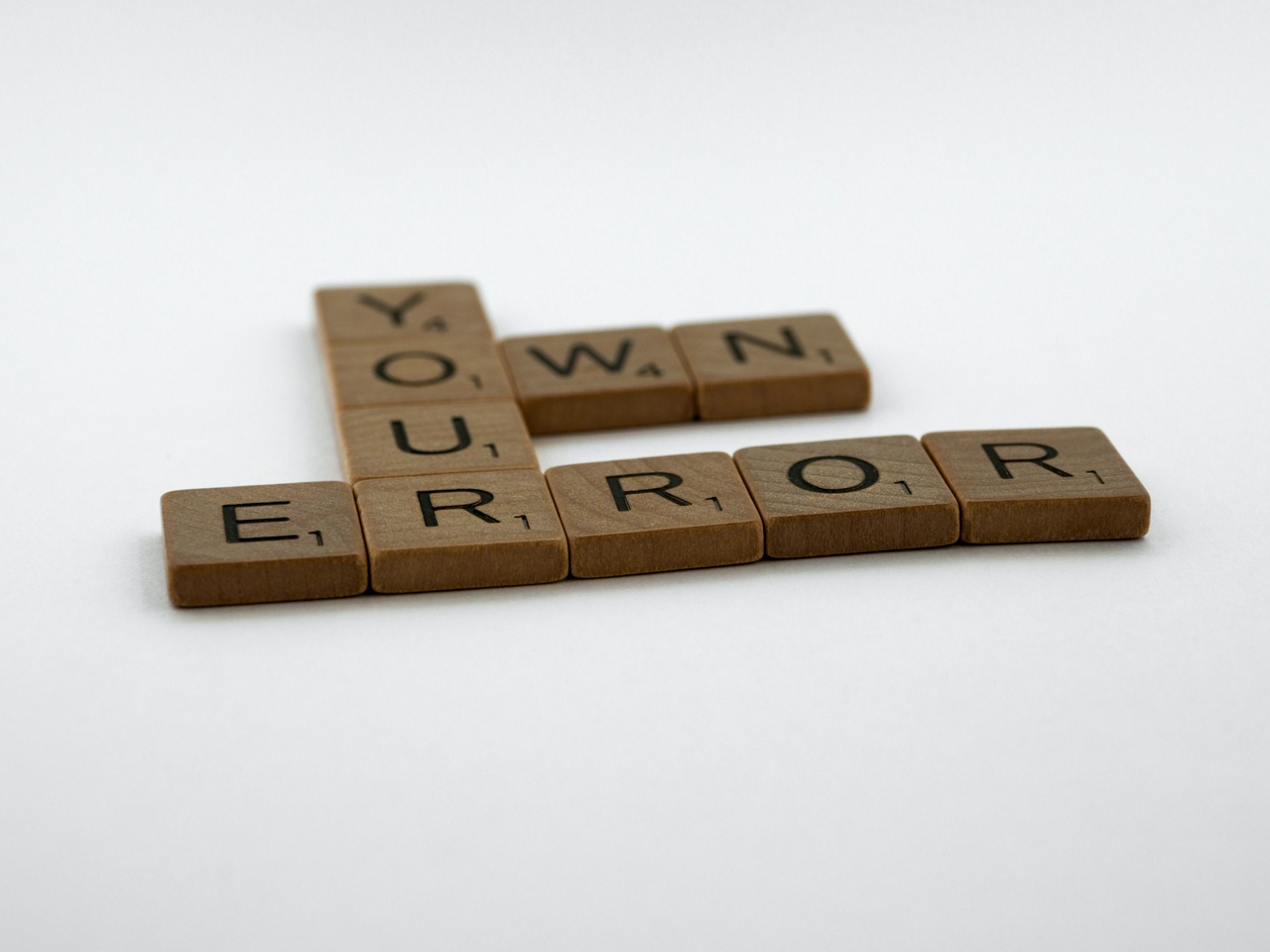If I had my way, I would recommend every entrepreneur and employee to read this book. Here are 5 things I liked from Rework, a book written by the founders of Basecamp.

Lesson 1: ASAP is poison
There is very little commitment when someone says “ASAP”. You know often ASAP is used as a disguise for urgency but in reality.
“ASAP” doesn’t make us realize that what’s important for us might not necessarily be important for someone else.
It always helps to ask
- “What can I reprioritize or move around to get this ASAP work done?”
- Why do you need it in an urgent way?
- Can you stick to these deadlines while managing other stuff?
Lesson 2: Planning is guessing
Every company plans for stuff. Come December- there’s a huge recession.
Everyone had a plan for how 2020 would look. Come March, everything was out of the window.
Irrespective of how good you’re with excel, presentation planning really does not move things. You can’t make a plan better with another stronger plan.
You make a plan stronger by moving, executing and doing things, and pivoting.
Lesson 3: Inspiration is perishable
Inspiration like most things in life is available in limited quantities. I write this piece post my evening coffee, when I feel the most inspired to reflect and push this piece out.
So plan your day and peak focus activities around times when your inspiration is on a high!
Lesson 4: Don’t be a hero
- Don’t try to do all things
- Don’t be afraid to admit mistakes
- Don’t try NOT to be vulnerable
The world loves to see a person fail. So ensure you know what you don’t know, seek help, and don’t get too ahead of yourself!
Lesson 5: Pick a fight
Standing out from the market requires you to stand for something.
Entering an established market? Stand against dated practices
Competing in a red ocean market? Stand up against the biggest competitors?
Standing up for something you attrach everyone who aligns with your thought process.








